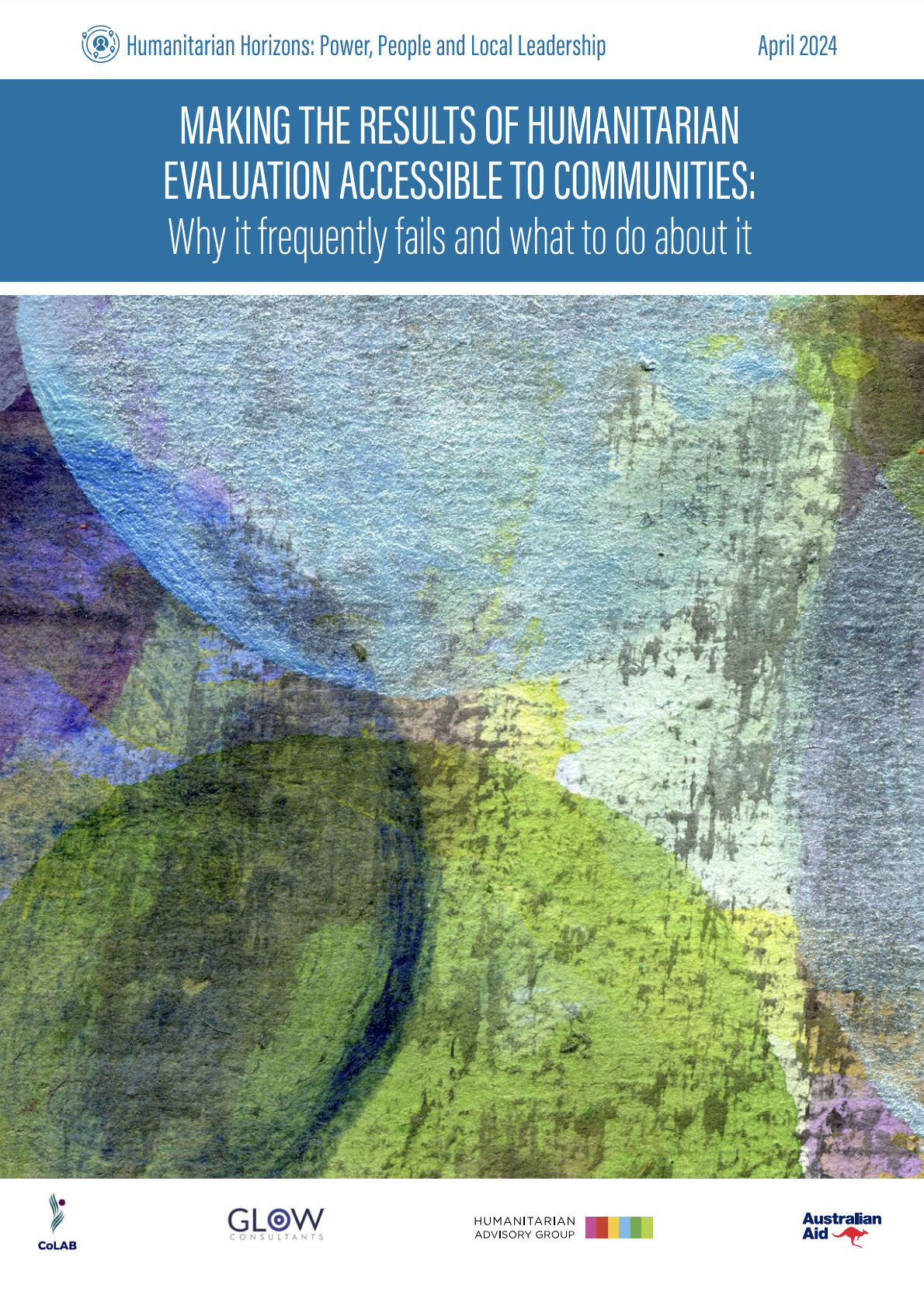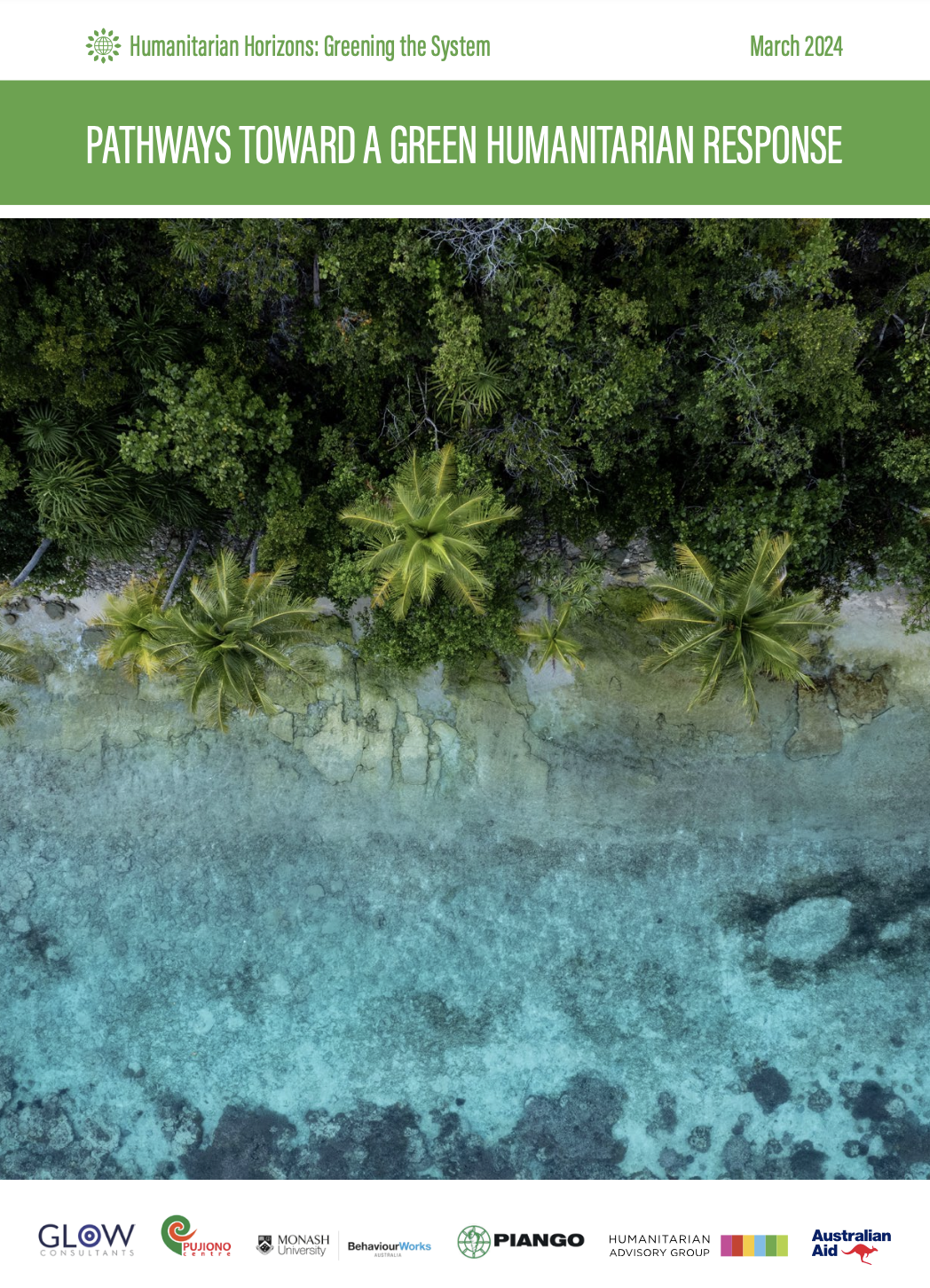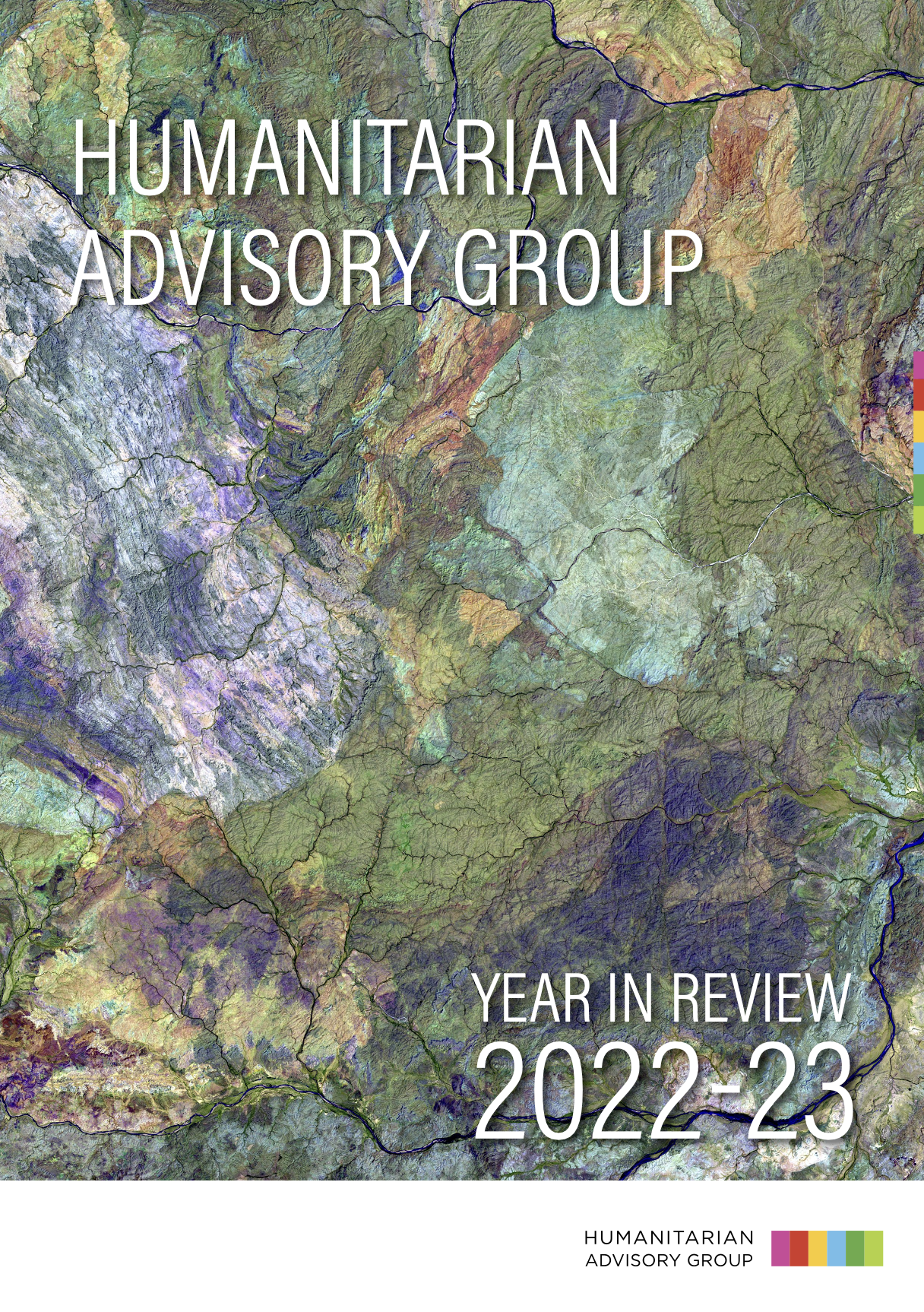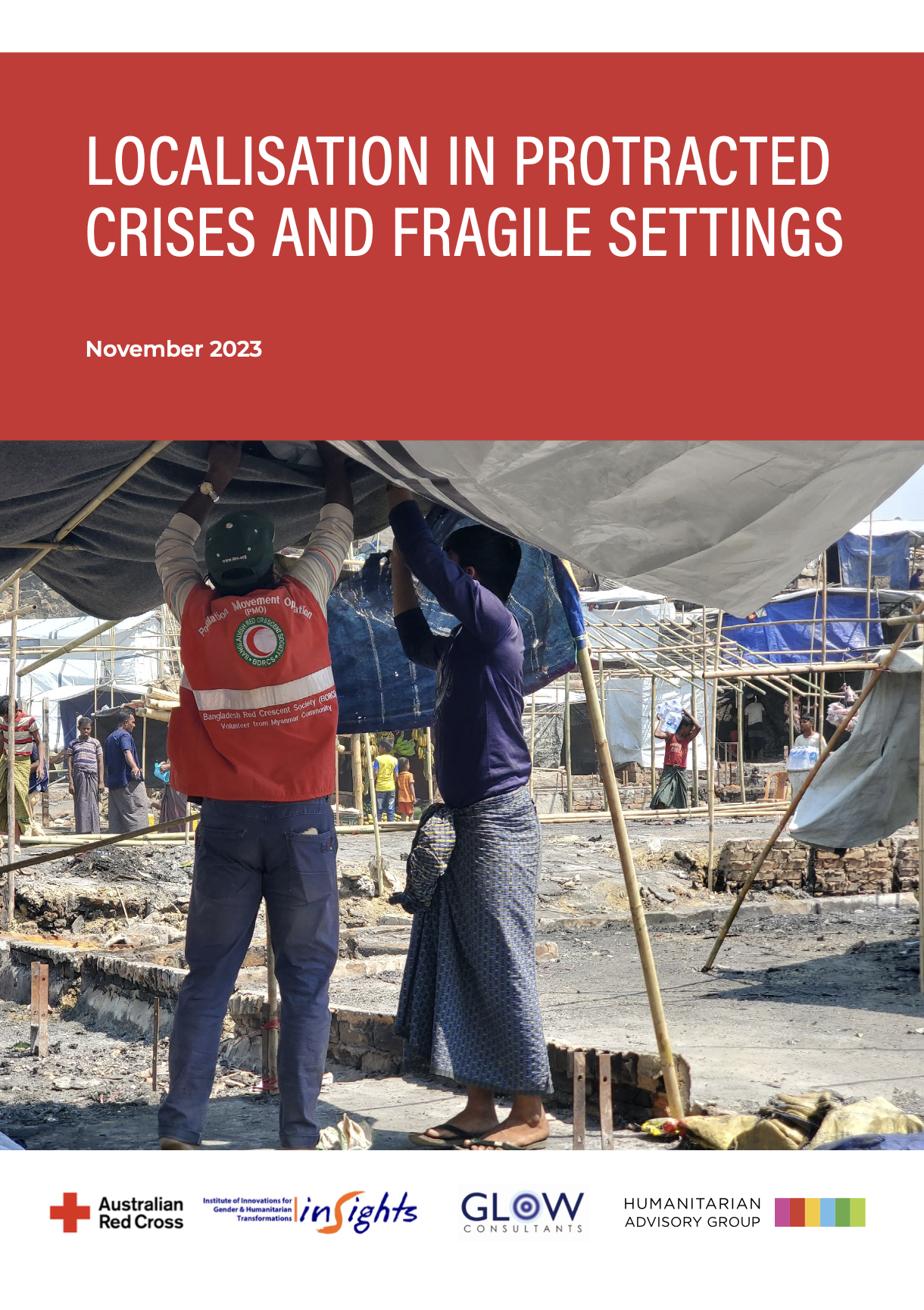As humanitarian needs grow and crisis become protracted around the world, localisation has become a key reform priority to drive more effective and targeted humanitarian aid. In the context of the Camp Coordination and Camp Management (CCCM) Cluster, which works in some of the most challenging contexts and supports the most vulnerable communities, local and national actors play a critical role in both the delivery of services as well as coordination within the Cluster. This places the CCCM Cluster in a unique position to operationalise the localisation agenda.
The research, delivered by Humanitarian Advisory Group (HAG) in partnership with local and national researchers, sought to identify opportunities and potential challenges in progressing the localisation agenda within the coordination aspect of the CCCM Cluster by looking at country-level CCCM operations in six selected settings (Ethiopia, Indonesia, Myanmar, Somalia, Syria and Yemen). In parallel, this research sought to develop a working definition for localisation for the CCCM Cluster from the perspectives of local and national actors.
This report provides examples of best practice and insights on how the CCCM Cluster can embed and progress the localisation agenda, particularly in relation to coordination.







